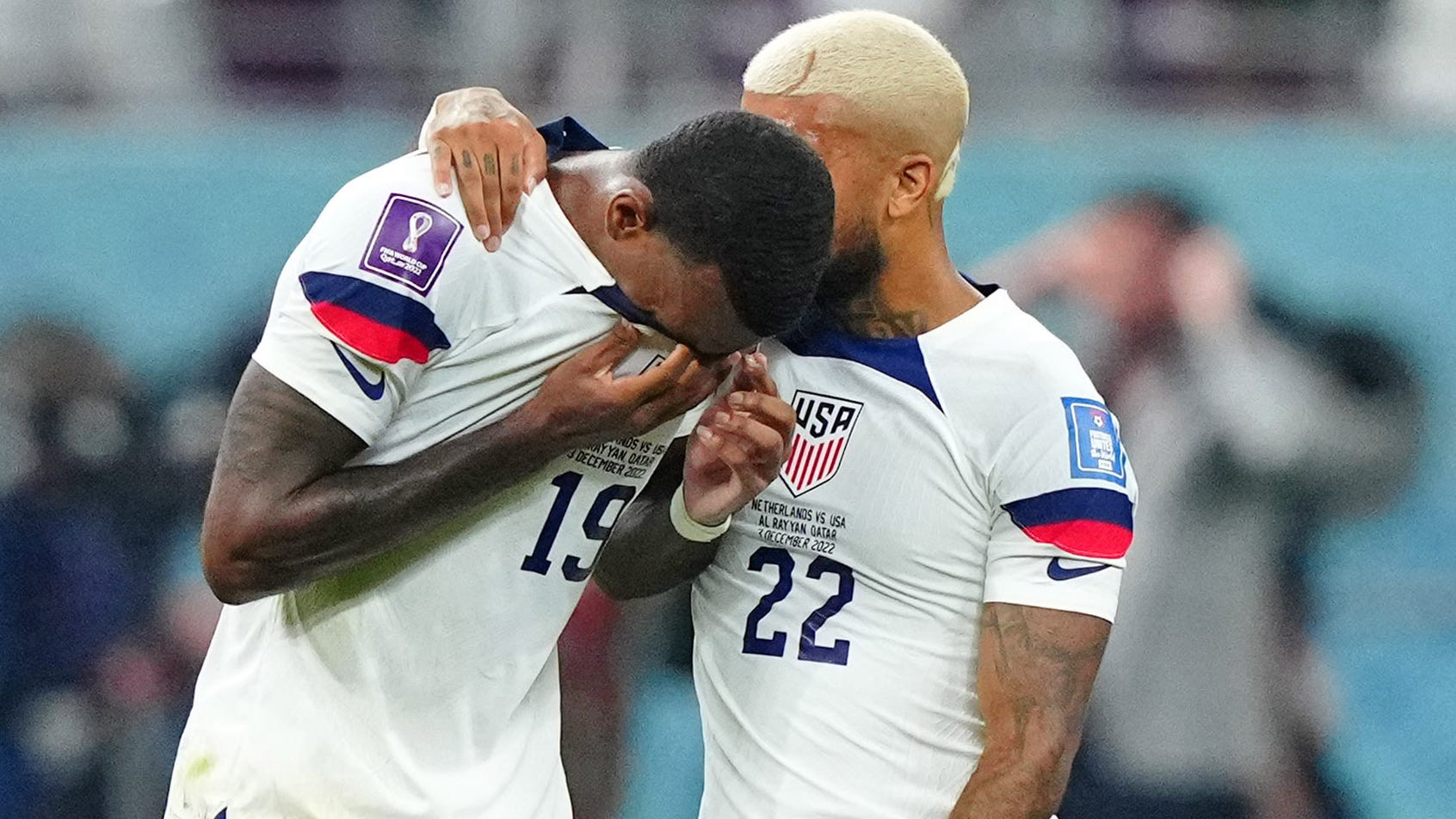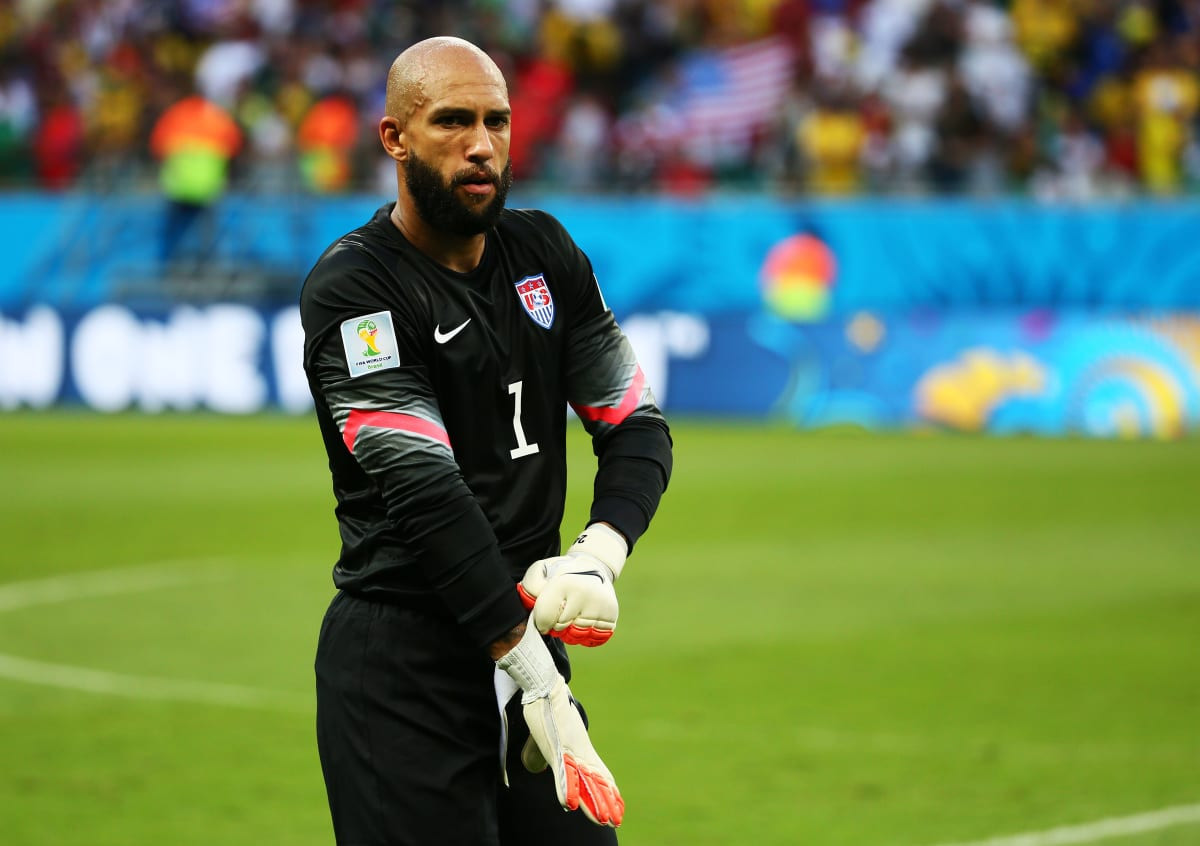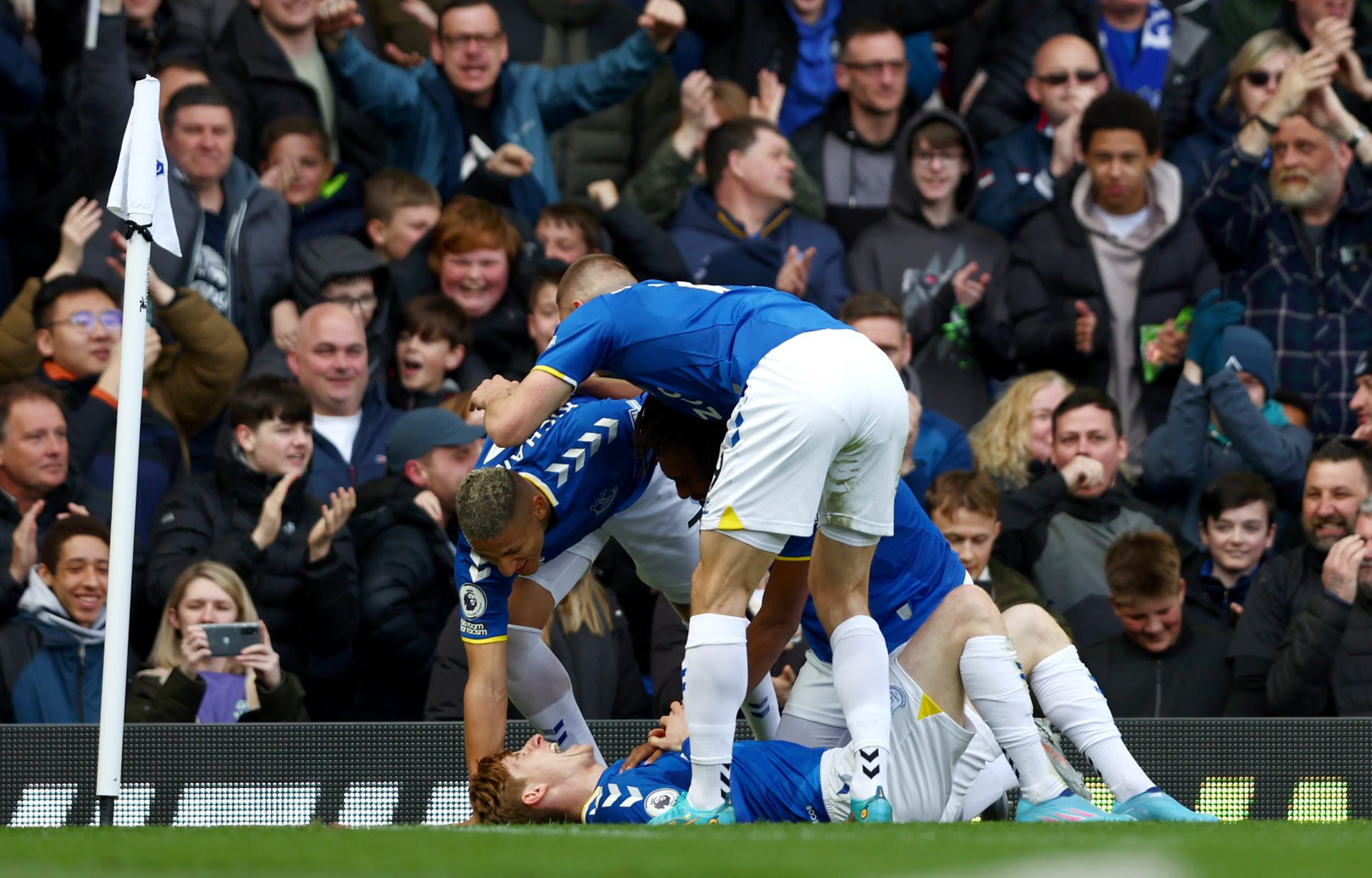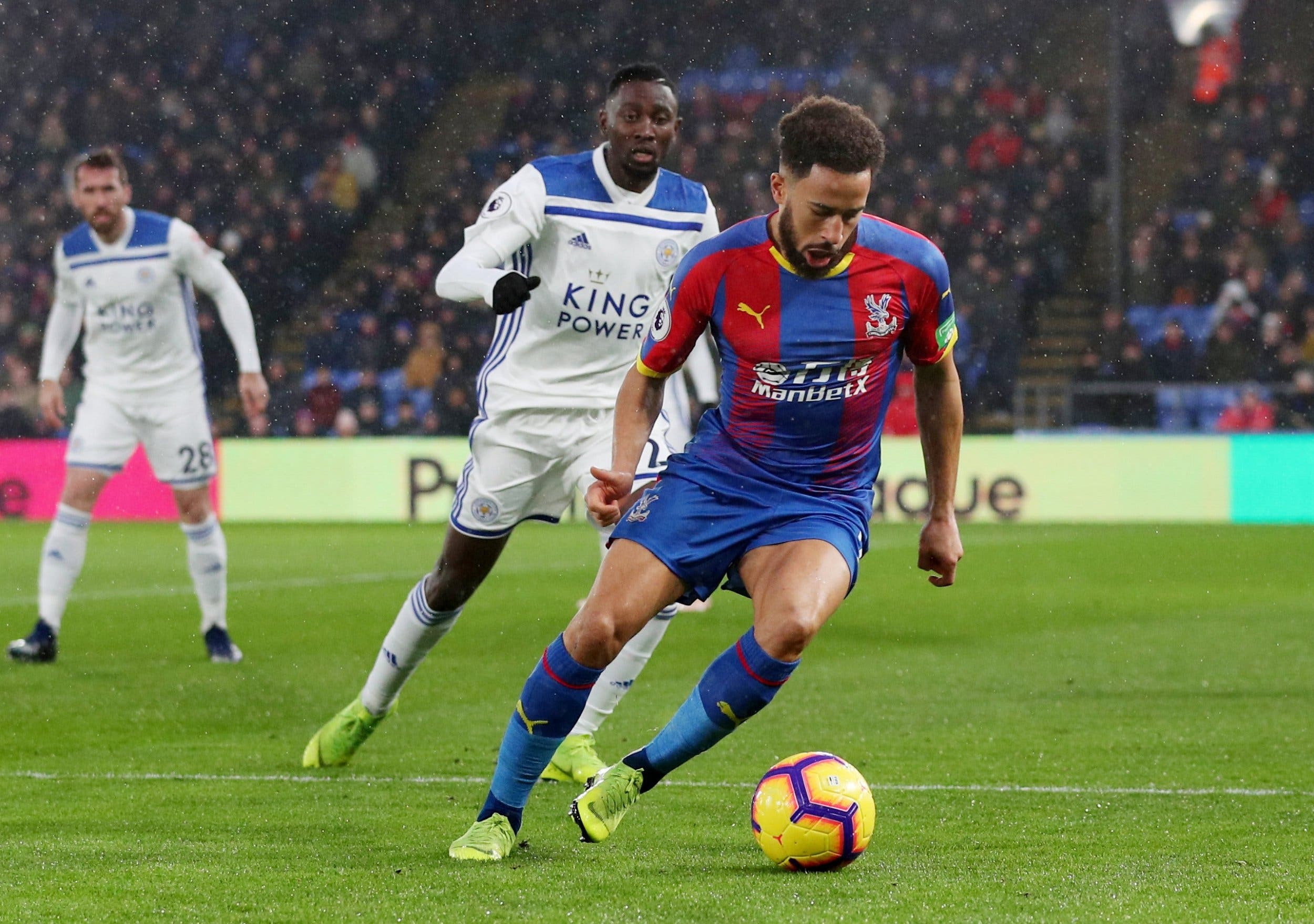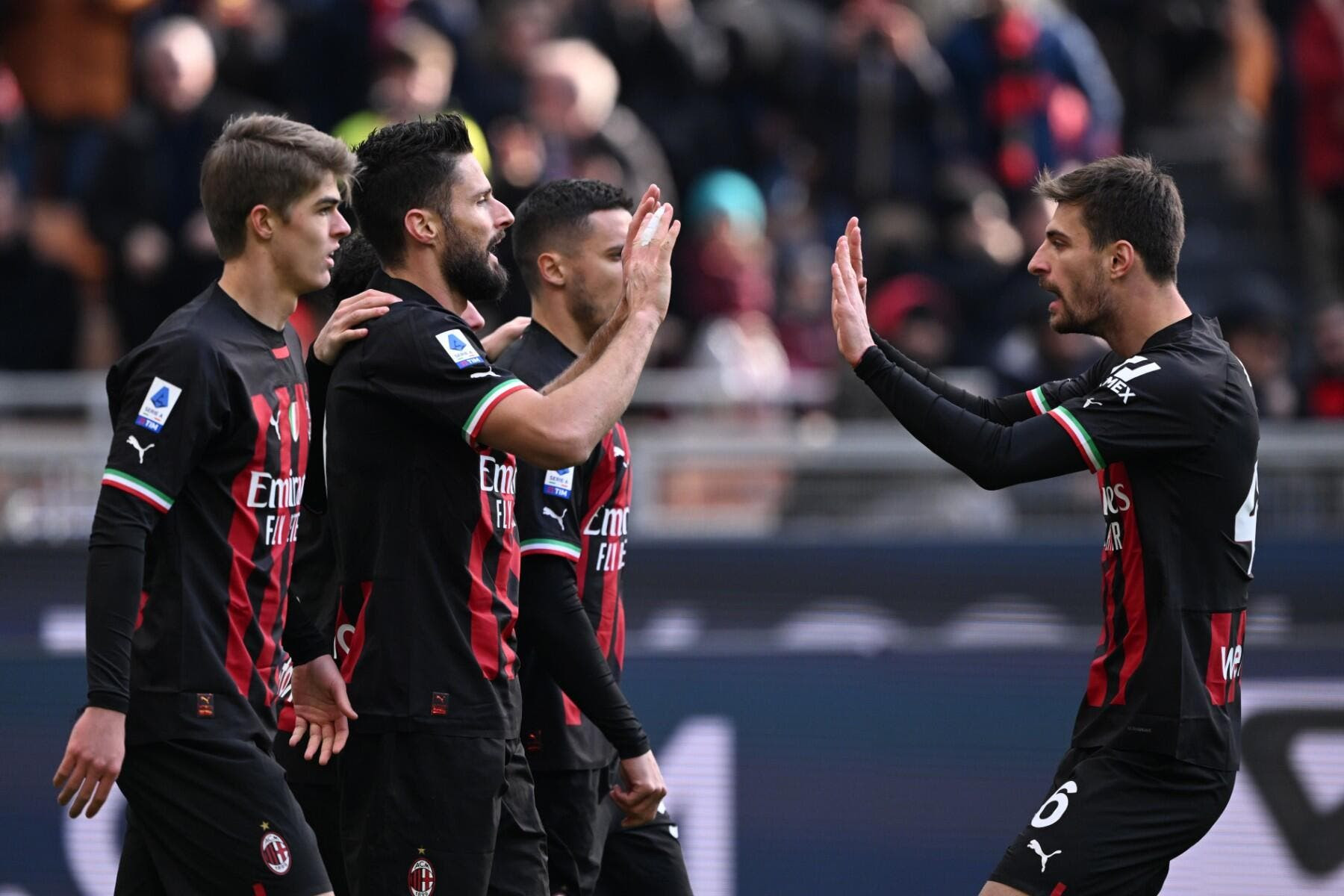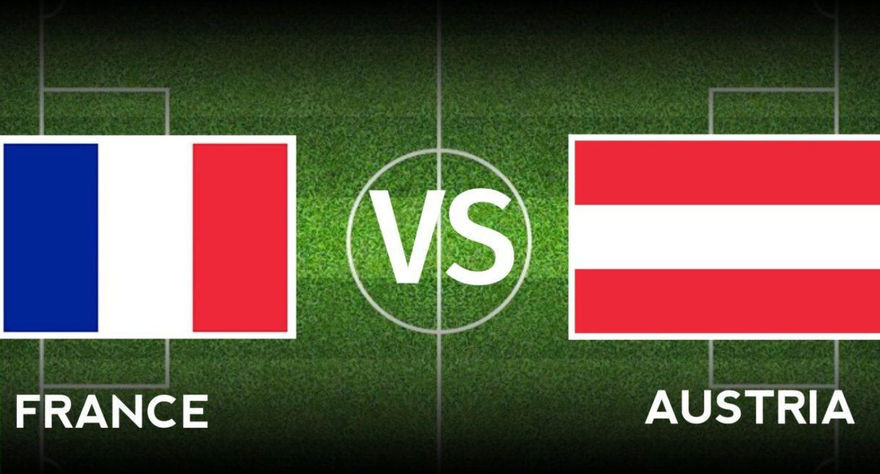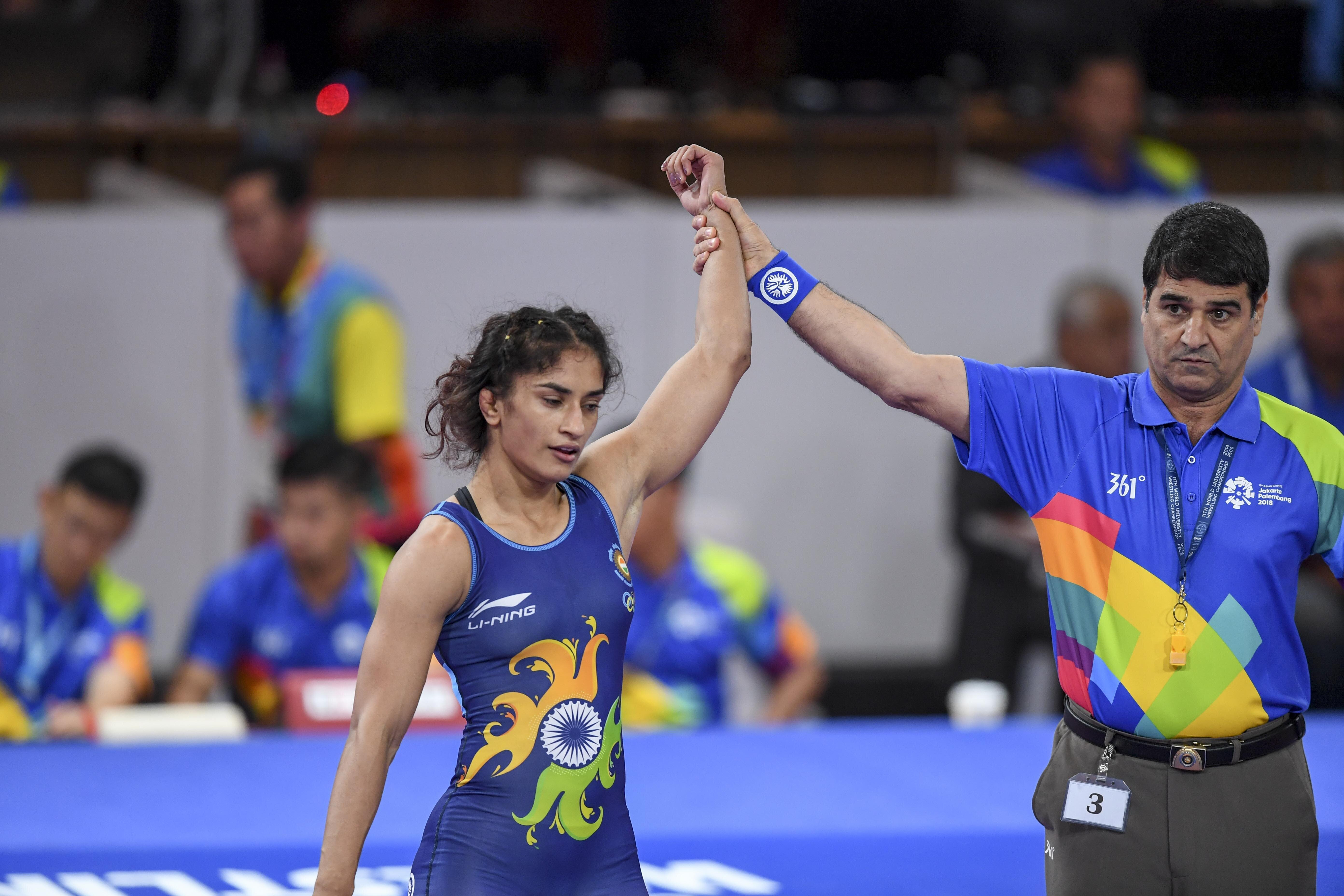A new era for United States soccer is set to begin, led by an Argentine coach expected to deliver big results at the 2026 World Cup on American soil. Former Tottenham and Chelsea manager Mauricio Pochettino makes his U.S. debut in a pair of friendlies, leading the team against Panama on Saturday night in Austin and three days later against Mexico in Guadalajara.
Pochettino was not around for the first 26 matches of the World Cup cycle while Gregg Berhalter and three interim coaches were in charge. These games are in the first of eight international windows Pochettino will have to evaluate players and develop tactics before the team reports ahead of the 2026 tournament.
Pochettino suggested patience is in order. The coach, his staff and players have spent this week not just training but introducing themselves. Success will be measured by how well the staff and players get to know each other, being organized and sending a clear message from the staff to the players of expectations.
“Of course, soccer is about to compete and to win. Our fans, for sure they want to win,” Pochettino said Friday. “At the same time, they need to understand our first contact with the whole organization, players, we cannot push too much. ... We need to give time to the team to adapt to us.”
The players are already feeling the impact of Pochettino’s intensity. Goalkeeper Zack Steffen, a surprise omission by Berhalter for the 2022 World Cup roster, is back after reviving his career with Colorado following a disappointing stay at Manchester City. Steffen, along with other players, described the training sessions as “intense” and noted that the new coach is bringing a different style to the team.
“Every coach has a different style. The training has definitely been intense ... which has been good. I think we need to figure out exactly how we want to play,” Pulisic said.
The U.S. is an automatic qualifier for the 2026 World Cup as co-host with Mexico and Canada. Pochettino’s charge is to lead the U.S. deep into a tournament in which it hasn’t reached the quarterfinals since 2002 and the semifinals since 1930. The 52-year-old Argentine has coached Espanyol in Spain (2009-12), Southampton (2013-14), Tottenham (2014-19) and Chelsea (2023-24) in England, and Paris Saint-Germain in France (2021-22), leaving after winning a league title with Lionel Messi, Kylian Mbappe and Neymar on the team.
But this is his first time leading a national team. He is the first foreign-born coach of the U.S. team since Jurgen Klinsmann from 2011-16. “The challenge for us is to create a team,” Pochettino said.
Pochettino's Coaching Style: Evolution of a Manager
In his coaching career, Pochettino has shown a distinct evolution in his approach. He's transitioned from a highly dogmatic, intense style of play to a more pragmatic and adaptable one, which could be crucial in navigating the diverse challenges of international football.
Dogmatic Pochettino: The Bielsa Influence
Early in his career, Pochettino’s style was heavily influenced by Marcelo Bielsa, his coaching mentor. Bielsa emphasized a relentless pressing style, winning back possession quickly, and transitioning into attack. Pochettino’s teams, especially during his time with Espanyol, Southampton, and Tottenham Hotspur, were known for their high-intensity pressing game, often employing one-on-one marking and full-backs pushing high up the field. To achieve this level of intensity, his teams had to be in peak fitness. During preseason with Southampton and Tottenham, Pochettino's players often had three training sessions a day. His teams regularly ranked among the top three in the Premier League for distance covered per game.
Pragmatic Pochettino: Adapting to Different Challenges
Pochettino’s time at PSG and Chelsea saw a shift in his approach. He faced different challenges, inheriting star-studded teams with egos and lacked the control he had in his previous roles. This forced him to be more flexible and adapt to his players’ strengths. He experimented with formations and personnel, aiming for balance between individual brilliance and team structure. This flexibility was evident in his time at Chelsea, where he relied more on the physical ability of his players and adjusted his tactics to suit the team’s composition.
Pochettino's Impact on the USMNT
The USMNT is hoping to reap the benefits of Pochettino’s evolving coaching style. He has shown the ability to adapt his approach based on the players at his disposal. This is important considering the USMNT has a diverse group of players with varying levels of experience and skill. The hope is that Pochettino can find the right blend of intensity, tactical flexibility, and player development to create a successful team.
The Intensity Factor
The USMNT has been criticized for lacking intensity in recent years. Pochettino’s arrival signals a change in that aspect. Players have already described his training sessions as being more demanding and focused on developing a high-pressure game. “We had a pretty long session, I'd say one of the longer ones we've had with the national team setup so just working on basics, looked at a few things from [Monday's] training and reviewed that,” veteran defender Tim Ream said in a press conference on Tuesday. “As a result, they worked in some movement things and connection things with the back line and the midfielders, the attackers all went together and worked on a few things. Just really getting their ideas into our heads and into our understanding to make sure we’re all on the same page going forward.” This level of intensity could be a valuable asset for the USMNT, especially in the context of the 2026 World Cup, where the team will be competing against some of the best teams in the world.
Tactical Flexibility
The U.S. team hasn’t always had a clear tactical identity. Pochettino’s willingness to adapt and experiment could be a key factor in creating a more cohesive and effective team. He has indicated that he will primarily use two formations: 4-3-3 and 4-2-3-1, but is ready to adjust based on the players he has at his disposal. This tactical flexibility could give the USMNT a significant advantage, allowing the team to switch up its strategy based on the opponent and the game situation.
The Future of the USMNT: A New Chapter Begins
The USMNT’s first international window under Pochettino marks the start of a new chapter for the team. The players are excited about the challenge and the new direction the team is taking. Pochettino is eager to build a team that is capable of winning at the highest level and is ready to put in the work to achieve that goal. The success of this new era will be determined by the ability of the players to adapt to Pochettino’s intensity and tactical approach and to gel as a unit. With two friendlies against Panama and Mexico, the U.S. team has the opportunity to start making its mark under a new, experienced, and adaptable coach.




